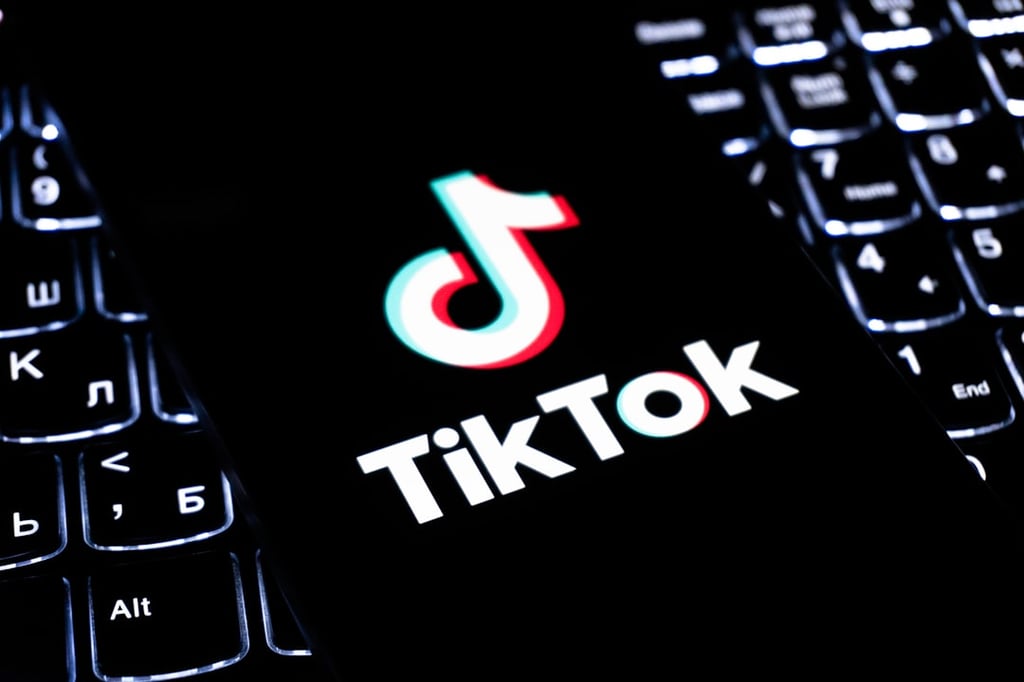Datamation content and product recommendations are
editorially independent. We may make money when you click on links
to our partners.
Learn More
While the regulatory debate between the FCC and Comcast over the provider’s tactics for Internet traffic management may have ended today, the issue of what a service provider can and can’t do about users’ network use won’t fade given a new potential battlefront — the mobile wireless broadband environment.
In a letter released today, the U.S.’s largest wireless carrier AT&T told the FCC that while it does not block mobile wireless users from using P2P applications it does prohibit use that causes “extreme network capacity.” The carrier also said it does not use network management tools to block P2P activity.
FCC Commissioner Robert M. McDowell had asked AT&T (NYSE: T) to provide the information regarding its P2P policy during a recent FCC hearing tied to broadband issues.
The aspect of P2P file sharing on wireless devices comes into play as more users flock to smartphones for richer mobile Internet experiences and wireless carriers compete to provide good network services for enticing more subscribers.
“Right now this [wireless device P2P activity] is not a huge problem,” Jeff Kagan, a telecom analyst, told InternetNews.com, describing most mobile device owners as “moderate” Internet users.
But the number of users going online with devices will grow as smartphones provide better experiences.
“Carriers don’t have unlimited bandwidth, and the number of customers using the Internet aggressively will increase,” Kagan said.
According to the analyst, wireless carriers have been reviewing and tracking such network-related issues for years and that policy decisions often end up angering either regulatory agencies or customer bases.
“The one reason the Internet has grown is that the government has been hands off, but they eventually may have to get involved on issues such as P2P file sharing, as such activity does impact network and network service to other users,” he said.
In its letter AT&T states its terms of service “are similar to those of other wireless providers,” and that it tells users it can terminate any subscriber whose use negatively impacts network service. It has not yet terminated any subscriber, according to a company spokesperson.
Sprint told InternetNews.com that while it “does not restrict applications” on its network, it reserves the right to take action to protect its network.
“This includes placing restrictions on accessing certain content and applications, limiting throughput or the amount of data you can transfer, and taking action to optimize or improve the overall use of our network and services,” Sprint said. In addition, the carrier said it reserves the right to deny or terminate service for any reason.
Calls to Verizon Wireless and T-Mobile regarding their P2P file-sharing policies were not returned by press time.
According to the FCC, McDowell’s request does not indicate any formal agency inquiry into P2P file sharing policy by carriers. The FCC reported that it’s not interested in telling wireless carriers how to manage networks.
“We would review any complaints regarding the network management practices of any Internet service providers,” the FCC told InternetNews.com. “They might choose, for instance, to prioritize voice calls to better manage their networks and ensure critical calls, such as those made to 911 for emergencies, are not held up in the network,” said the agency.
This article was first published on InternetNews.com.
-
Ethics and Artificial Intelligence: Driving Greater Equality
FEATURE | By James Maguire,
December 16, 2020
-
AI vs. Machine Learning vs. Deep Learning
FEATURE | By Cynthia Harvey,
December 11, 2020
-
Huawei’s AI Update: Things Are Moving Faster Than We Think
FEATURE | By Rob Enderle,
December 04, 2020
-
Keeping Machine Learning Algorithms Honest in the ‘Ethics-First’ Era
ARTIFICIAL INTELLIGENCE | By Guest Author,
November 18, 2020
-
Key Trends in Chatbots and RPA
FEATURE | By Guest Author,
November 10, 2020
-
Top 10 AIOps Companies
FEATURE | By Samuel Greengard,
November 05, 2020
-
What is Text Analysis?
ARTIFICIAL INTELLIGENCE | By Guest Author,
November 02, 2020
-
How Intel’s Work With Autonomous Cars Could Redefine General Purpose AI
ARTIFICIAL INTELLIGENCE | By Rob Enderle,
October 29, 2020
-
Dell Technologies World: Weaving Together Human And Machine Interaction For AI And Robotics
ARTIFICIAL INTELLIGENCE | By Rob Enderle,
October 23, 2020
-
The Super Moderator, or How IBM Project Debater Could Save Social Media
FEATURE | By Rob Enderle,
October 16, 2020
-
Top 10 Chatbot Platforms
FEATURE | By Cynthia Harvey,
October 07, 2020
-
Finding a Career Path in AI
ARTIFICIAL INTELLIGENCE | By Guest Author,
October 05, 2020
-
CIOs Discuss the Promise of AI and Data Science
FEATURE | By Guest Author,
September 25, 2020
-
Microsoft Is Building An AI Product That Could Predict The Future
FEATURE | By Rob Enderle,
September 25, 2020
-
Top 10 Machine Learning Companies 2021
FEATURE | By Cynthia Harvey,
September 22, 2020
-
NVIDIA and ARM: Massively Changing The AI Landscape
ARTIFICIAL INTELLIGENCE | By Rob Enderle,
September 18, 2020
-
Continuous Intelligence: Expert Discussion [Video and Podcast]
ARTIFICIAL INTELLIGENCE | By James Maguire,
September 14, 2020
-
Artificial Intelligence: Governance and Ethics [Video]
ARTIFICIAL INTELLIGENCE | By James Maguire,
September 13, 2020
-
IBM Watson At The US Open: Showcasing The Power Of A Mature Enterprise-Class AI
FEATURE | By Rob Enderle,
September 11, 2020
-
Artificial Intelligence: Perception vs. Reality
FEATURE | By James Maguire,
September 09, 2020
SEE ALL
ARTICLES









